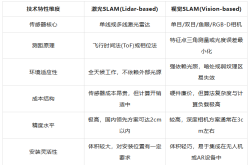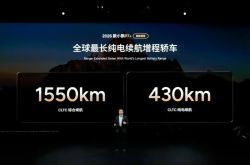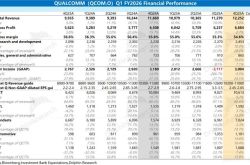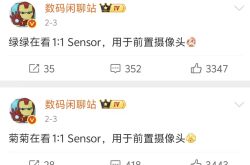Trump's Victory: A New Era for the Global Automotive Industry?
![]() 12/17 2024
12/17 2024
![]() 554
554
Following Trump's victory, the 'America First' policy has become increasingly evident, particularly in tariff policies and measures aimed at repatriating manufacturing industries. This is poised to reshape the global economic landscape, with profound impacts on the automotive supply chains of China, the US, and Europe.
The results of the US presidential election are now final. As of press time, although Trump's official inauguration is still over a month away, ripples of change have already begun to spread: the Federal Reserve continues to cut interest rates, the EU has mixed reactions to potential tariffs, and Germany's current governing coalition is facing collapse. These developments underscore the uncertainties surrounding the significant changes that Trump's '2.0' economic policy may bring.
On November 6, Trump delivered a victory speech in Florida, promising supporters that "a strong, safe, and prosperous America will be achieved, ushering in a golden era." His running mate and the elected Vice President Pence stated that following the greatest 'political return' in American history, an equally important 'economic return' would follow.
Trump's policies continue to revolve around the core principle of 'America First.' In the economic sphere, he intends to continue the large-scale tax cuts from his previous term and push for the permanent extension of the 'Trump Tax Cuts and Jobs Act,' aiming to reduce the corporate tax rate from the current 21% to 15%. Additionally, he plans to implement a more aggressive tariff policy externally. In the energy sector, the new administration is expected to abandon the Biden administration's new energy strategy, fully liberalize traditional energy production, and further unleash the potential of the US energy industry.
These policy changes are aimed at reshaping the US manufacturing system, enhancing production capacity, and creating an environment conducive to investment in the real economy. Simultaneously, tariffs are employed as a means to restrict the inflow of foreign industrial products, indirectly enhancing the competitiveness of local industries.
Tariffs Are Not Just a 'Big Stick' but Also a Negotiation Tool
During his campaign, Trump emphasized that the current international trade system is manipulated and harms US interests. Therefore, he promised to implement an 'America First' policy to achieve economic rebalancing upon being elected.
The crux of the 'America First' policy lies in promoting the repatriation of manufacturing industries to consolidate the US's economic foundation. Some in the US believe that by increasing tariffs, they can not only protect domestic industries and employment but also force the return of manufacturing industries that have relocated abroad due to globalization over the past few decades, thereby further strengthening the US's comprehensive national strength. They cite the second half of the 19th century as an example, pointing out that high tariff policies once helped the US become the world's leading industrial power and ultimately established its economic supremacy.
During Trump's first term, the US imposed tariffs on a large scale on goods imported from China based on the results of the 'Section 301' investigation, primarily targeting electromechanical products, in an effort to combat Made in China and restrict Chinese enterprises' investment and mergers and acquisitions in the US. Although Chinese automobiles and related parts were not specifically mentioned in the tariff lists at that time, with the rapid development of the Chinese automotive industry in recent years, the topic of tariffs on Chinese automobiles has become a focal point of attention for the US.
Recently, Trump nominated Scott Bensen as the new US Treasury Secretary for his second term, stating that Bensen would play a crucial role in ensuring the formulation of 'America First' economic policies.
Bensen's stance on tariff policies is multifaceted: Firstly, he fully supports Trump's economic propositions, particularly regarding tariff measures, tax reforms, and financial deregulation. He believes that tariffs are a vital means to protect US strategic industries and promote economic independence. Secondly, Bensen emphasizes the flexibility of tariffs, arguing that their primary functions are to increase fiscal revenue and protect key industries, but the Trump administration has given them a new role – as a negotiation tool with trading partners. He advocates for 'careful calibration' of tariff policies to adjust the international economic order and better serve US interests. Finally, he proposes a strategy of gradually implementing tiered tariffs while balancing enterprise development and inflation control through deregulation domestically. He emphasizes that this phased implementation approach can avoid sudden economic shocks and offset potential adverse effects through supporting policies.
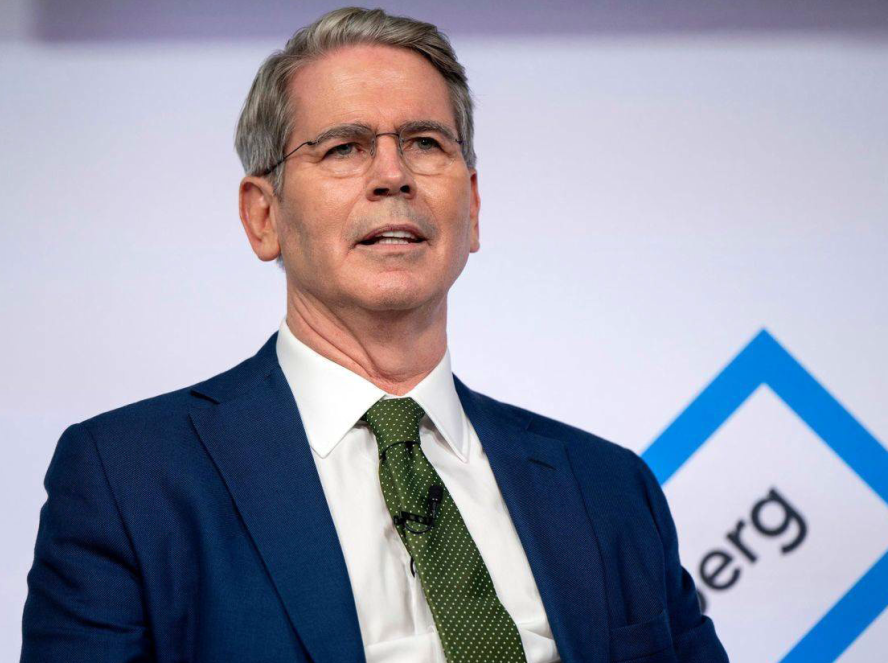
Meanwhile, Bensen metaphorically describes tariffs as a 'gun on the table,' emphasizing their deterrent effect while cautioning against their actual use. He also points out that tariffs are not only a negotiation tool but also an important source of fiscal revenue. Notably, Bensen is cautious about high tariffs. Regarding Trump's proposal to impose a 20% tariff on all foreign imports and a tariff of up to 100% on some countries, Bensen believes these are more strategic statements in negotiations rather than final policy goals.
Although the tariff stick aimed at all trading partners is part of Trump's negotiation style, the prospect of rising protectionism raises concerns that the US's move to close its markets may trigger a broader trade war, thereby slowing global economic growth and exacerbating inflation. Bloomberg Economics believes that although Trump's imposition of a 25% tariff on hundreds of billions of dollars in Sino-US trade during his first term attracted significant media attention, it had little impact on macroeconomic data. However, in his second term, Trump has pledged to impose a 60% tariff on China (with a new statement of 10%) and a 20% tariff on other countries, which would change the game. If Trump fulfills his campaign promises and other countries retaliate, Bloomberg Economics' forecast model shows that by 2028, the US share of global merchandise trade will drop from the current 21% to 9%.
Industrial Policy About to Change Course
During the Biden administration, through the Inflation Reduction Act and the CHIPS and Science Act, the US aimed to 'attract' global capital and high-tech enterprises to shift to the US. In the automotive-related field, the Biden administration focused on reducing automotive emissions and supporting the transformation of the electric vehicle industry by tightening fuel economy standards, encouraging the popularization of electric vehicles, and increasing investment in electric vehicles, semiconductors, and battery manufacturing.
Trump, however, is not interested in these acts. Uncertainties surrounding carbon emission targets, the fossil energy versus electric vehicle debate, autonomous driving, and the potential leadership of a newly established 'Government Efficiency Department' by Musk may affect automakers' plans and investment fund allocation, thereby having a broad impact on the entire automotive supply chain if Trump fulfills his campaign promises. For instance, Alfa Romeo stated earlier this year that adjustments to its long-term product strategy would depend on the outcome of the US presidential election.
Regarding emission reduction, Trump has indicated that he will abandon the goal of reducing automotive emissions and has previously dismissed climate change as one of the 'greatest hoaxes ever perpetrated.' If elected, Trump will withdraw the US from the Paris Agreement for the second time, an action he also took during his previous term.
In terms of electric vehicle incentives, Trump attempted to eliminate the tax credit for electric vehicles during his previous term, claiming it wasted government funds. During the election campaign, Trump also stated that he would eliminate rebates encouraging Americans to purchase electric vehicles, saying, 'I will end the electric vehicle mandate on day one.'
Obviously, if federal subsidies are revoked or reduced, it will prompt automakers, suppliers, and battery companies to reconsider their product and investment strategies. Major automakers have already begun adjusting their operations in North America. On November 21, at the Los Angeles Auto Show, which opened in California, Jose Munoz, COO of Hyundai, said that although Hyundai would not alter its investment plan for electric vehicles in the US, it would adjust its business system there when asked about the impact of Trump's policy adjustments. On the same day, Ford announced its withdrawal from a planned joint venture to produce battery materials in Canada, citing a comprehensive consideration of technological trends, costs, and demand. Some estimates suggest that if subsidies are reduced and tariffs lead to price increases, electric vehicle sales in the US may decrease by 30%, and investments may stagnate. Some commentators even believe that the US may become sluggish in the field of environmentally friendly vehicles.
However, despite not being 'enthusiastic' about the transition to electrification, Trump's new term may prioritize the deployment of the autonomous driving industry in the automotive industry's intelligent half. In the field of autonomous driving, on November 18, Bloomberg reported that Trump plans to make 'building a federal framework for fully autonomous vehicles' one of the priorities of the US Department of Transportation. Previously, the National Highway Traffic Safety Administration (NHTSA) in the US has imposed strict regulations on driverless vehicles, allowing manufacturers to deploy only 2,500 driverless vehicles annually. Driverless vehicles are still in the testing phase in the US and have not developed smoothly. For example, Google's autonomous taxi service, Waymo, has been deliberately sabotaged multiple times by opponents of autonomous driving technology in San Francisco; following several accidents, regulators in California suspended the services of Cruise, General Motors' autonomous taxi subsidiary, last October.
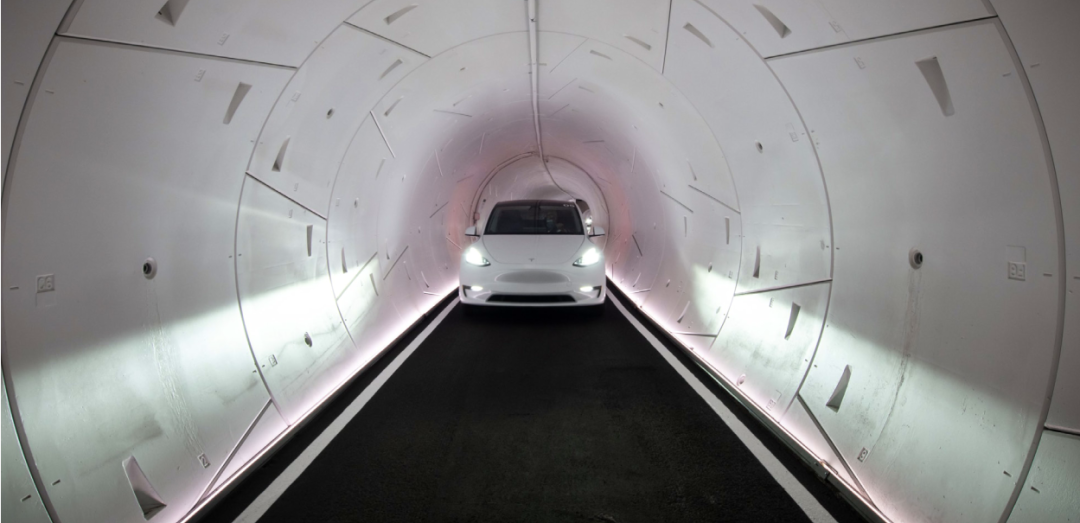
This development is a significant positive for Musk and Tesla. In October, Musk announced plans to mass-produce Tesla's driverless taxis without driver controls starting in 2026. Previously, during Tesla's third-quarter earnings call, Musk expressed support for federal autonomous driving regulations and said that if he held any government position, he would promote the implementation of autonomous vehicles nationwide.
May Prompt a Resolution of Differences Between China and Europe
After Trump's victory, the CEOs of Germany's Infineon, Italy's STMicroelectronics, and the Netherlands' NXP Semiconductors, the three major European computer chip manufacturers, rarely made a collective statement expressing their concerns about the uncertainty the industry has faced over the past decade and the impact of nationalist policy trends on their business.
At a conference at SEMICON Europa 2024 in Munich, the CEOs of these companies stated that thanks to the booming Chinese electric vehicle market, their companies have performed strongly in China. However, apart from chips for artificial intelligence, other global chip markets are generally weak. They complained that US and European governments are demanding that each region have its own semiconductor production line, a trend towards regional self-sufficiency that is leading to market fragmentation, potentially causing issues such as cost increases and tariff hikes, which have become increasingly severe challenges for enterprises.
Infineon CEO Reinhard Ploss warned that the danger of market fragmentation is intensifying, especially under the influence of potential tariff policies, which may have a negative impact on the supply chain and the entire semiconductor industry.
Currently, the EU is aiming to strengthen its economy and is preparing to engage in dialogues with Trump's transition team to avoid high tariffs on European products by the US. Yannis Stournaras, a member of the Governing Council of the European Central Bank and Governor of the Bank of Greece, warned that if the US imposes tariffs, the European economy will be weakened and may even fall into recession. Additionally, according to a report by the German newspaper Frankfurter Allgemeine Zeitung on October 10, during the campaign, Trump announced that he would impose a 20% tariff on products from the EU, which would particularly affect German automakers and suppliers. Therefore, faced with Trump's tariff threats, European leaders are concerned about the possibility of a second trade war between the US and Europe.
However, this may also present an opportunity for the ongoing China-EU electric vehicle negotiations, potentially leading to an unexpected conclusion. On November 8, the spokesperson for the Ministry of Commerce stated regarding the price undertaking consultations in the EU's anti-subsidy case against electric vehicles: The China-EU technical teams conducted five rounds of consultations in Beijing from November 2 to 7, deeply discussing the specific content of the price undertaking plan and making some progress. Both parties agreed to continue consultations through video or other means. China believes that advancing consultations based on the price undertaking plan submitted by the China Chamber of Commerce for Machinery and Electronics Imports & Exports on behalf of the industry is conducive to maintaining mutual trust, accelerating consensus, resolving differences through consultations, and avoiding trade friction escalation.
On the same day, the Directorate-General for Trade of the European Commission issued a statement revealing that its officials had engaged in discussions with the Ministry of Commerce of China regarding a potential price commitment agreement aimed at replacing the existing anti-subsidy duties imposed on Chinese-imported pure electric vehicles. Significant technical progress has been achieved in addressing the critical elements required to ensure that the price commitment remains equally effective and enforceable. Both parties engaged in constructive and in-depth deliberations on the methodology for determining the minimum import price for such intricate products, as well as the tools essential for monitoring and enforcing the commitment. The referenced 'technical progress' underscores a growing likelihood of the two parties reaching a mutual understanding and agreement on minimum pricing.
Note: This article was originally featured in the 'Hot Topics' section of the December 2024 issue of 'Auto Industry Review' magazine. Stay tuned for more updates.
Images: Sourced from the Internet
Article: 'Auto Industry Review'
Typesetting: 'Auto Industry Review'

